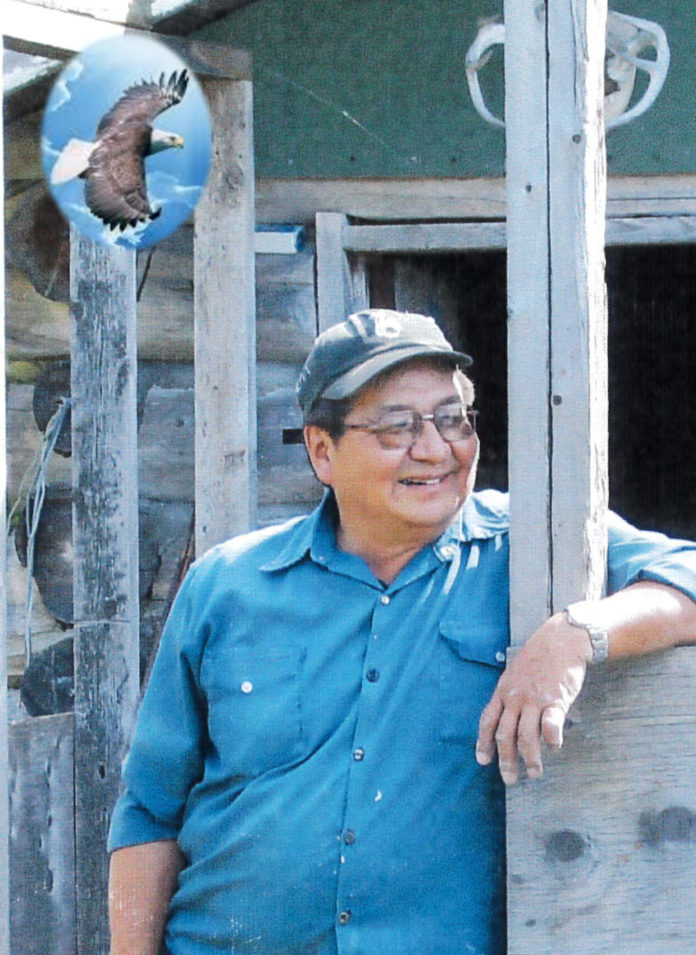Interpretation of costs incurred might result in nil for Robinson-Huron First Nations
To the Expositor:
I read all 300 pages of the decision of the appeal court in the Restoule case. Yes, parts of Ontario’s appeal were “quashed”, as the headline of Tom Sasvari’s article says (‘Appeals court quashes Ontario’s appeal of judgement that would hike Robinson-Huron Treaty Annuities,’ November 10, page 1). The Court affirmed that the treaties bands are entitled to a share of the net Crown resourced-based revenues retroactive over the past approximately 150 years. This could cost taxpayers billions.
But very significantly, parts of Ontario’s appeal were allowed. Most importantly, in my opinion, the Court of Appeal ruled that the trial judge was wrong to have excluded the costs of “the infrastructure and institutions” that have been built with Crown tax revenues over that same period in the calculation of net Crown resourced-based revenues.
This could mean that the costs incurred by the Ontario and Federal governments—in effect we taxpayers—over the past 150 years for every harbour, airport, road, highway, bridge, health care and educational facility, dam, hydro-electric system and all the other countless, similar things that our governments have provided us with and which have represented material progress over this long period—and all of which have benefitted Indigenous Canadians—can, in this calculation, be offset against these revenues.
This could also include federal transfer payments and grants to First Nations for things like the construction of reserve band offices, housing complexes and community centres, to name only a few.
Given that all our governments are in massive deficit, it appears that these government costs incurred may very well vastly exceed government resource-based revenues received, leading to the very real possibility that nothing will be owed to the treaties bands, because it will be found that there are no net Crown resource-based revenues. Rather, the accounting will show that there is a loss, resulting in no monies payable.
It should also be noted that this was not a unanimous decision. Two of the five Judges who heard the case ruled that the trial judge’s interpretation of the treaties was wrong—that it was “strained and illogical,” and that no monies are now owing.
It’s no wonder that the treaties bands are loudly calling for the governments to settle out of court. They rightly fear that the Stage Three accounting process, which will be hopelessly complicated, lengthy and expensive, now that the costs of governments-provided infrastructure and institutions over the past 150 years will be added into it, will result in them ending up with nothing.
Ontario should appeal this judgment, so that all Canadians, including all First Nations bands, can get the benefit of the thinking of the highest court in Canada on all the profound legal issues raised by this nationally-significant case.
Sincerely,
Peter Best, lawyer
Sudbury




